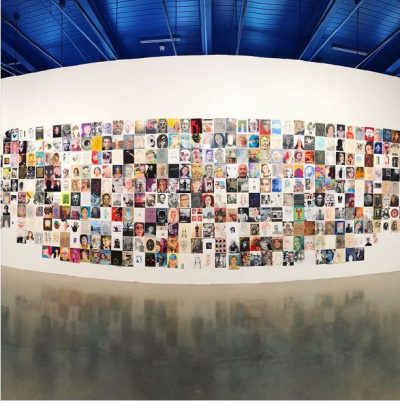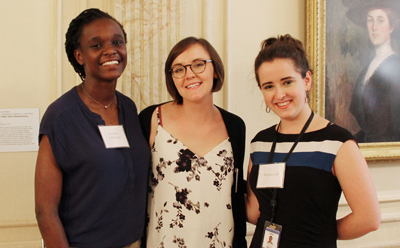Folk and traditional arts are the bedrock of artistic and cultural communities, and Humanities Washington and ArtsWA are pleased to co-sponsor the Center for Washington Cultural Traditions and its Heritage Arts Apprenticeship Program, with significant support from the Washington State Legislature.
Washington State is home to a rich collection of cultural traditions carried on by members of its many communities—from the Indigenous peoples in whose homelands this program takes place, to its most recent immigrants. Practitioners of these traditions enliven and enrich the cultural heritage of both their specific communities and Washington State in general.
Folk and traditional arts and practices provide meaningful ways for individuals to connect with their past, and to build bridges to others and their surroundings, in the present. Yet, because these practices are often learned informally in a one-on-one setting, many traditions are at risk of being lost.
The Heritage Arts Apprenticeships Program (HAAP) supports individuals seeking to preserve traditional practices important to their community, heritage, and identity. These may include music, dance, visual arts, language practices, verbal arts, traditional skills, foodways, occupational arts, storytelling and much more, and are learned within communities that share family, ethnic, tribal, regional, occupational, or religious identity.The program provides a supportive mentoring environment, networking opportunities, as well as important professional and leadership skills. To date, 38 Master/Apprentice pairs have participated in the program (explore past apprenticeship teams here).
How does the program work?
Over the course of one year, skilled and experienced Master Artists or Tradition Bearers work with and mentor one Apprentice each, teaching skills related to some tradition in their community, in an effort to preserve and cultivate it for future generations. Pairs commit to:
- Spending at least 100 hours of one-on-one time together during the program year (July – June) where the Master teaches the tradition to the Apprentice;
- Attending two workshop-style events with the cohort of current pairs for professional and leadership development, and networking;
- Participate in at least one public event in the fourth quarter of the program.
Please see Program Participant Responsibilities for more information.
What do participants gain?
The Heritage Arts Apprenticeship Program helps to maintain important cultural traditions and practices in the state of Washington. Apprentices may also gain expertise in collaboration, creative thinking, and organization—helpful skills for building careers in a variety of sectors.
Is there financial compensation?
Yes. Master Artists receive a $4000 honorarium for their work and Apprentices receive $1000 (half of funds are distributed at the beginning of the program year upon receipt of a signed contract, and the remainder is distributed at the end, upon successful completion of the submitted work plan and responsibilities. Funds are also available on a case-by-case basis to masters for materials if a need is shown through a budget that is included with the application materials. All funds provided will be subject to federal taxation. Travel expenses to program workshops and public events will be covered by the CWCT.
Who may apply?
All current residents of Washington State are eligible and encouraged to apply. Master Artists and Apprentices must apply as existing pairs; that is, the CWCT will not pair masters and apprentices. Who is considered a Master Artist or Apprentice?
Who is considered a Master Artist?
A Master Artist is a person steeped in, and expert in a tradition, craft, or technique. They are a “tradition bearer” or “culture keeper” endowed with the right to carry and pass on a tradition or skill, by acknowledgement from their community. A Master Artist does not need to have received formal training, but should have the acknowledgement and respect of their peers and community members related to the tradition outlined in their application. “Artist” may be broadly defined, to include masters of culinary, domestic, and occupational arts, as well as the visual and performing arts–so long as the art form is a form of expression related to and rooted in community identity and heritage.
Who is considered an Apprentice?
An Apprentice is an individual willing to commit time to learn a skill or tradition from a Master Artist. Apprentices make a commitment to learning the skill or tradition outlined in their application, and to carrying it on after formal training ends with the Master Artist. Apprentices may be novice or may have some previous training but are seeking additional, one-on-one training from a Master Artist to deepen their knowledge.
Please review the Frequently Asked Questions for more important information.
Application Open Online: February 2, 2021
Application Closed: May 17, 2021
Participants Announced: June 2021
For apprenticeships taking place July 1, 2021 through June 30, 2022





